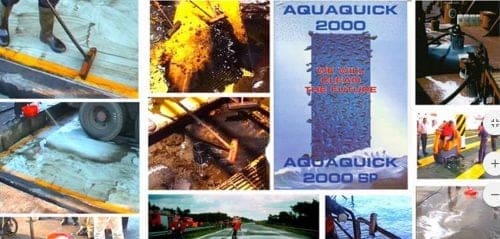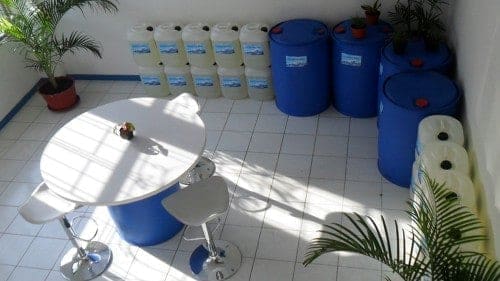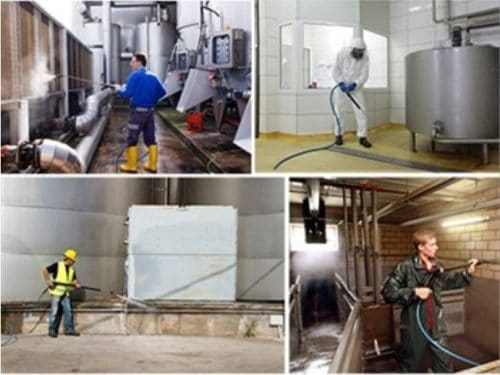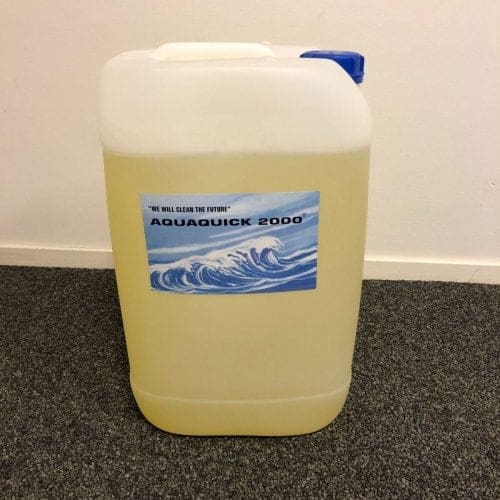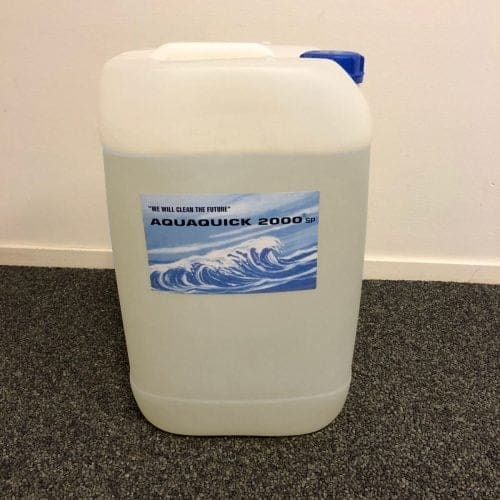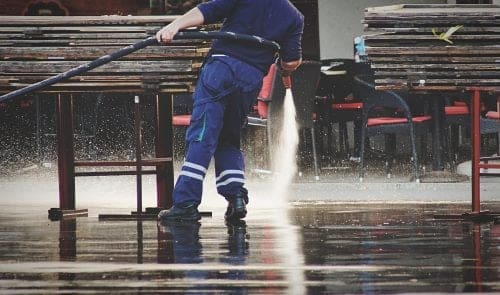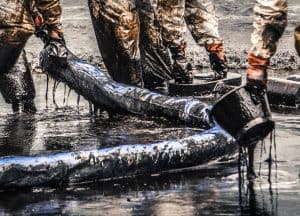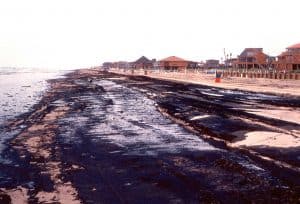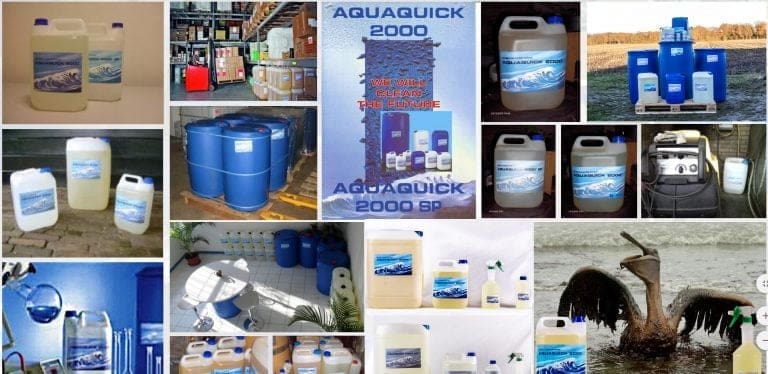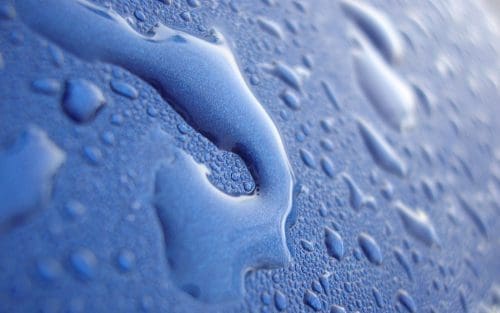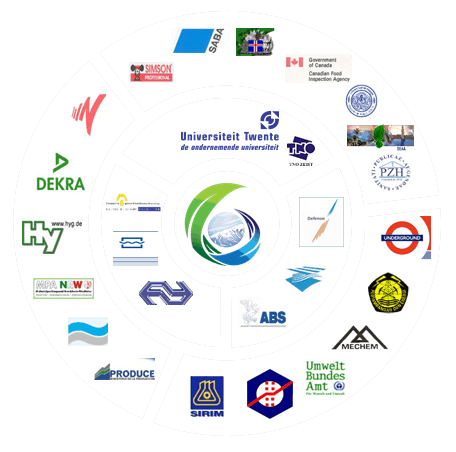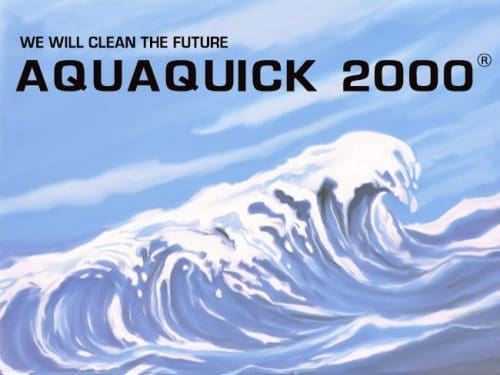Oil spills are one of the most damaging environmental disasters, often causing lasting harm to marine life, ecosystems, and coastal communities. Traditionally, oil spill response has relied on chemical cleaners and dispersants that, while effective in breaking down oil, have significant environmental consequences. This article will delve into the environmental impact of traditional oil spill cleaners and how eco-friendly alternatives, such as Aquaquick 2000, are helping to reduce these risks.
The Role of Traditional Oil Spill Cleaners
Traditional oil spill cleaners, including dispersants and solvents, are designed to break down oil slicks and emulsions. These products work by either dispersing the oil into smaller droplets or by dissolving it, making it easier for natural microorganisms to break it down. While these cleaners are effective at mitigating the immediate threat of an oil spill, they often have significant side effects that can harm the environment.
Many traditional oil spill cleaners contain harmful chemicals, such as solvents and surfactants, that can lead to further pollution. These chemicals may persist in the environment for a long time, contaminating water bodies, harming marine organisms, and disrupting ecosystems. Some of these products also contain toxic substances that can cause damage to fish, birds, and other wildlife, making them dangerous not only for the environment but also for human health.
The Environmental Impact of Traditional Oil Spill Cleaners
While traditional oil spill cleaners serve an essential purpose in oil spill response, their environmental impact cannot be ignored. Here are some of the major issues associated with conventional oil spill cleanup methods:
- Toxicity to Marine Life: Many oil spill cleaners contain toxic chemicals that are harmful to marine life, including fish, dolphins, and sea birds. These chemicals can contaminate the water, making it unsafe for wildlife and threatening entire ecosystems.
- Long-Term Pollution: The chemical components of traditional cleaners may persist in the environment for extended periods, causing long-term damage. Some of these chemicals can accumulate in the food chain, leading to further contamination of marine organisms and affecting biodiversity.
- Air Pollution: Some oil spill cleaners release harmful fumes when applied, which can contribute to air pollution and pose health risks to workers involved in cleanup efforts. These fumes can also degrade air quality in nearby coastal areas, leading to respiratory problems for both humans and animals.
Aquaquick 2000: A Sustainable Alternative
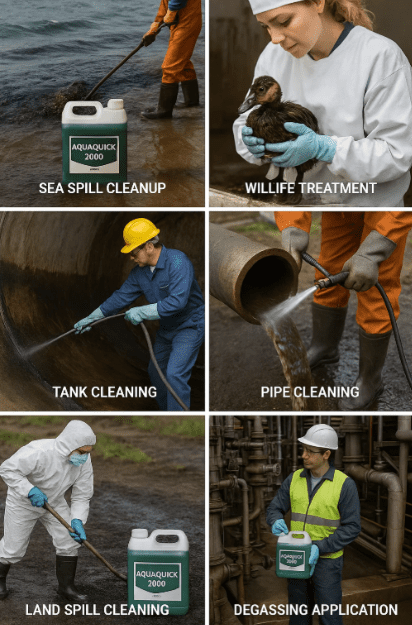
One of the most promising solutions to the environmental challenges posed by traditional oil spill cleaners is Aquaquick 2000. Aquaquick 2000 is an eco-friendly oil spill dispersant that uses biodegradable, non-toxic ingredients to break down oils and greases without harming the environment.
Unlike traditional cleaners, Aquaquick 2000 accelerates the natural biodegradation process by turning oils into smaller droplets that can be easily broken down by microorganisms. This process occurs quickly and safely, without leaving toxic residues in the environment. Aquaquick 2000 is also free from harmful chemicals, making it safe for workers to use without the risk of inhaling toxic fumes or coming into contact with dangerous substances.
Why Aquaquick 2000 is Better for the Environment
Aquaquick 2000 offers several advantages over traditional oil spill cleaners, making it a much safer and more sustainable option for both the environment and human health:
- Biodegradable: Aquaquick 2000 is made from plant-based ingredients, which are biodegradable and break down naturally without harming the environment.
- Non-Toxic: The product is non-toxic to both marine life and humans, making it a safer alternative to chemical dispersants that contain harmful substances.
- No Harmful Residues: Unlike traditional cleaners, Aquaquick 2000 does not leave harmful chemical residues in the water, ensuring that ecosystems remain protected.
By using Aquaquick 2000 in oil spill response operations, industries can significantly reduce their environmental footprint and minimize the impact of oil spills on marine ecosystems.
Conclusion: Moving Toward Safer, Greener Oil Spill Cleanup Solutions
The environmental impact of traditional oil spill cleaners has raised concerns among environmentalists, industries, and governments. As the world moves toward more sustainable practices, the demand for eco-friendly oil spill cleanup solutions like Aquaquick 2000 is growing.
By adopting biodegradable, non-toxic products, industries can effectively manage oil spills while protecting marine life and ecosystems. Aquaquick 2000 represents the future of oil spill cleanup—one that prioritizes the environment without compromising effectiveness. As more companies shift toward greener solutions, we can expect to see a significant reduction in the environmental harm caused by oil spills and traditional cleanup methods.

